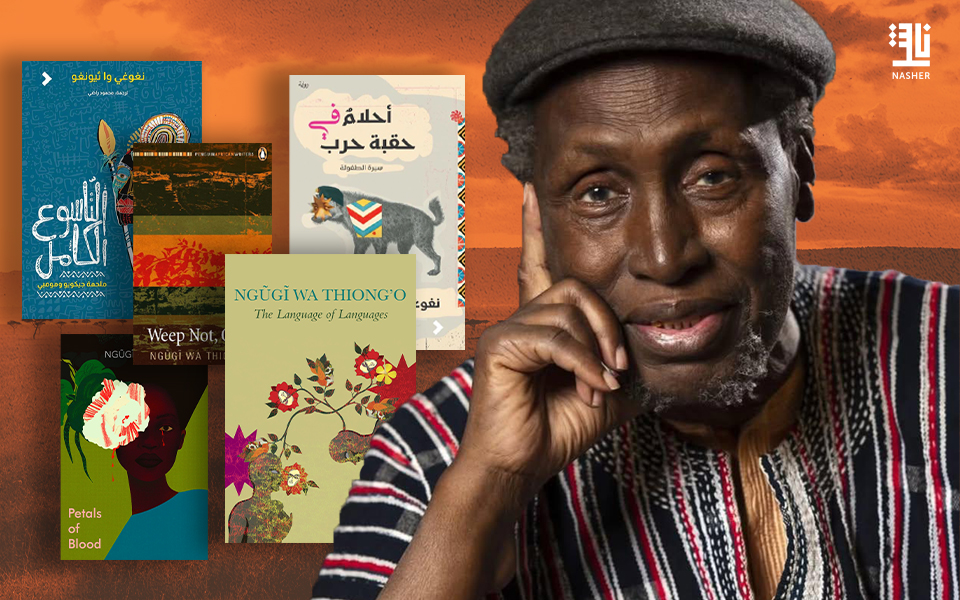With the passing of Kenyan writer Ngũgĩ wa Thiong’o in May 2025, the literary world bid farewell to one of Africa’s most influential voices, an author who reshaped the relationship between literature and identity, between the written word and colonial power. Ngũgĩ was more than a novelist or playwright; he was a thinker, a cultural resistor, and a fierce advocate for his homeland, confronting the machinery of cultural imperialism with his pen, intellect, and mother tongue.
Born on January 5, 1938, in British-ruled Kenya, Ngũgĩ lived through the country’s turbulent path from colonial occupation to independence, from repression to resistance. He began his literary career writing in English, publishing works such as Weep Not, Child (1964) and A Grain of Wheat, but the pivotal shift in his life and career came later, when he made a bold and symbolic break with the English language and chose to write in Gikuyu, his native tongue. It was a move that shocked the Western literary establishment but marked a powerful act of cultural reclamation.
This was not a mere linguistic preference, it was a direct challenge to colonial hegemony. Ngũgĩ understood that language was not just a medium of communication, but a vessel for consciousness and identity. In his seminal work Decolonising the Mind (1986), he wrote, “The domination of a people’s language by the languages of the colonising nations was crucial to the domination of the mental universe of the colonised.”
In 1977, Ngũgĩ was arrested and imprisoned without trial for a year after the performance of his politically charged play I Will Marry When I Want, written in Gikuyu and critical of Kenya’s social and political inequalities. During his incarceration, he wrote his groundbreaking novel Devil on the Cross on prison toilet paper, marking the first modern novel ever written in Gikuyu. After his release, persistent death threats forced him into exile in 1982. He spent years in the UK and then the United States, where he taught literature and comparative studies at the University of California, Irvine. Despite the distance, his heart remained tethered to Kenya, and he returned home in 2004 after the end of President Daniel Arap Moi’s regime.
Over the course of his career, Ngũgĩ published more than 25 works, spanning fiction, theatre, essays, and memoir. Among his most celebrated titles are Petals of Blood, Matigari, Wizard of the Crow, and Dreams in a Time of War. He also wrote a three-part memoir chronicling his journey from childhood to exile. Though frequently mentioned as a contender for the Nobel Prize in Literature, he never received it. Yet in a memorable interview with NPR, he reflected: “I value what I call the Nobel of the heart, when someone reads my book and tells me how it touched them. That is the most democratic prize a writer can receive.”
Ngũgĩ wa Thiong’o passed away at the age of 87, leaving behind a legacy that transcends borders and languages. Africa and the world lost a singular literary voice, but his spirit endures in the hearts of readers and writers he inspired, and in every line he penned in the language of his ancestors, defying colonial constructs and declaring that true identity begins with language.







